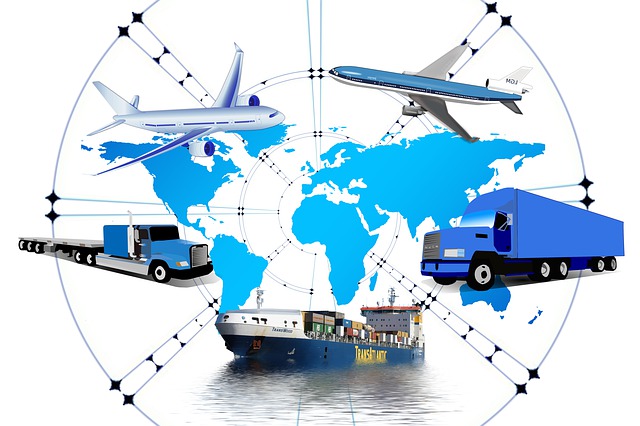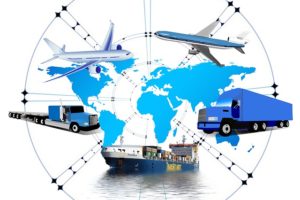The Philippine Department of Finance (DOF) said it will review current revenue regulations on the common carriers’ tax imposed on international air and sea cargo vessels doing business in the Philippines to ensure a level-playing field and improve the country’s competitiveness in the global shipping and air cargo sectors.
Under Republic Act No. 10378, international carriers are exempt from paying the 3% common carriers’ tax imposed on passengers but not on cargo.
During a recent meeting with Danish officials, Finance Secretary Carlos Dominguez III said DOF is studying legislation governing the common carriers’ tax and how it is being currently implemented.
“We are seriously reviewing this and again the goal is to make it fair to everyone and to make it a level playing field for all participating in the business,” Dominguez said during the meeting.
“We are going to review the BIR (Bureau of Internal Revenue) issuances,” he added.
Dominguez gave this assurance after Denmark’s Minister of Industry, Business and Financial Affairs Brian Mikkelsen raised the issue during the meeting.
“This is the one topic that gets us worried. We are very interested to know more about this,” Mikkelsen was quoted by DOF in a statement.
“Looking at the shipping area, this is a very global business, therefore it is advisable to have a level playing field,” Mikkelsen added.
Also with Mikkelsen at the meeting were Danish Ambassador Jan Top Christensen and Tine Nielsen Hertz, the head of division of the Ministry of Industry, Business and Financial Affairs.
According to DOF, international carriers that want to be granted Philippine income tax exemption on the basis of reciprocity may file for a confirmatory ruling for their exemption with the BIR’s International Tax Affairs Division. Reciprocity under RA 10378 refers to “an applicable tax treaty or international agreement to which the Philippines is a signatory” or when the home country of an international carrier grants income tax exemption to Philippine carriers.
Mikkelsen was recently in Manila to head a business delegation from Denmark, as several Danish firms have expressed interest in partnering with Philippine companies to be able to invest here.
“We are very impressed with the achievements of the Philippines,” Mikkelsen said during the meeting with Dominguez.
Dominguez informed the Danish delegation of the reforms that the Duterte administration is undertaking to attract more investments, such as the comprehensive tax reform program (CTRP) that aims to make the country’s tax system simpler, fairer and more efficient, and the campaign to eliminate red tape to improve the ease of doing business here.
“With regards to red tape, one of our senior undersecretaries (Gil Beltran) is in charge of cutting red tape,” Dominguez said. “We have made a lot of progress on the national level on this aspect.”
Dominguez told the Danish delegation that the government is now applying the finishing touches to its web-based National Single Window, which aims to facilitate trade, heighten transparency in customs procedures, and improve revenue collection.
He also urged Danish companies to take part in the administration’s “Build, Build, Build” infrastructure program as well as in the ongoing efforts to tap a third player in the country’s telecommunications sector.
Mikkelsen, in response, said that he “will encourage our companies to bid.”






